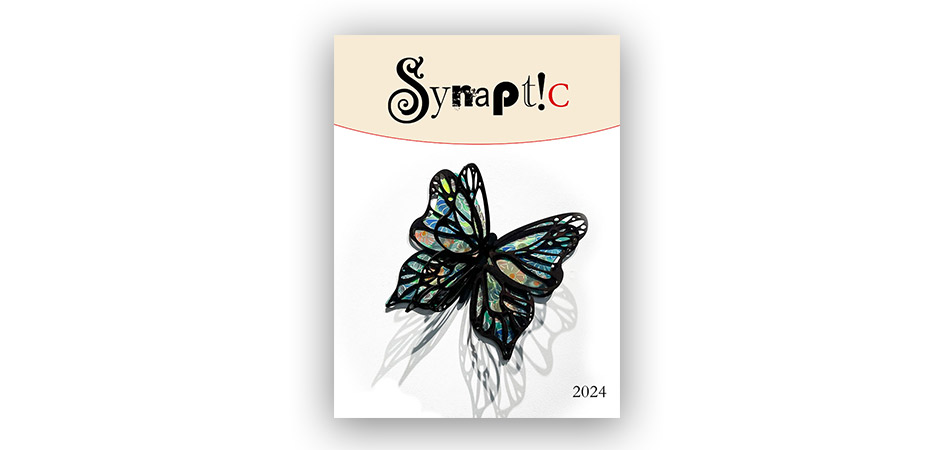
Land Acknowledgement
By Winona Van Berkum ’26, Leighia VanDam ’22
My name is Winona Van Berkum. I’m a part of the Ho-Chunk nation and an enrolled member of the Winnebago Tribe of Nebraska and I will be starting with the land acknowledgement. For those of you who may be unfamiliar with the practice, a land acknowledgement is intended to acknowledge the tribes and nations who have considered this land home long before the white man set foot here.
The Ioway and the Otoe were here before recorded time, as were the Omaha and Ponca, moving to new lands before white settlers arrived. The Pawnee used this land for hunting grounds, and the Sioux, Sauk, and Meskwaki were here long before colonization. Let us remember that we occupy their homeland and that this land was taken by force. Today, only the Meskwaki Nation, the people of the Red Earth, maintain their sovereignty on their land in Iowa after purchasing the land that now makes up their settlement. Places and names all over our state recognize famous Meskwaki chiefs, like Poweshiek, Wapello, Appanoose, and Tama. We honor the Meskwaki Nation for maintaing their language, culture, and spirituality in spite of those who made attempts to take it away.
The list of hardships native peoples have endured due to the oppression of the white man is lengthy. Today, Indian country still faces challenges brought on by the government’s effort to assimilate and eradicate natives.
Its children were forced to assimilate during the boarding school era.
Its women were illegally and forcibly sterilized as late as the 70s.
Today, over five thousand of its relatives have been murdered or considered missing.
Yet in spite of it all, its people are still here.
We are still here.
I’d like to note this is not for me to continue repeating the same history taught to me by my relatives in grade school, as my peers (all fully white) could continue to be infatuated by the teachings of brave conquistadors that sealed my ancestors’ fates. It is to encourage others to look at the other side of history and how the Indigenous community has strived regardless of the disparities they’ve faced.
Our academic institution continues to hold responsibility to acknowledge the hardships and wrongdoings that have taken place historically. Over the years, a long legacy of broken treaties, forced transportation, and cultural assimilation have been major contributions to the struggles of tribes and nations, past and present. With that in mind, Central and its community emphasizes its commitment to diversity, equity, and inclusion in its partnerships with other communities and schools highlighting underrepresented individuals, awarding of academic scholarships, and efforts of engaged citizenship by students and faculty. These efforts are endeavors to show respect and consideration of modern struggles of Indigenous peoples. We ask for your mindfulness of
those who cared for this land before us and your own impact to honor or antagonize them.
Hanac hinįkaragi wina – I greet you all
Winona Van Berkum ’26
in collaboration with Leighia VanDam ’22
Land Acknowledgement Speech
Presented Feb. 8, 2024